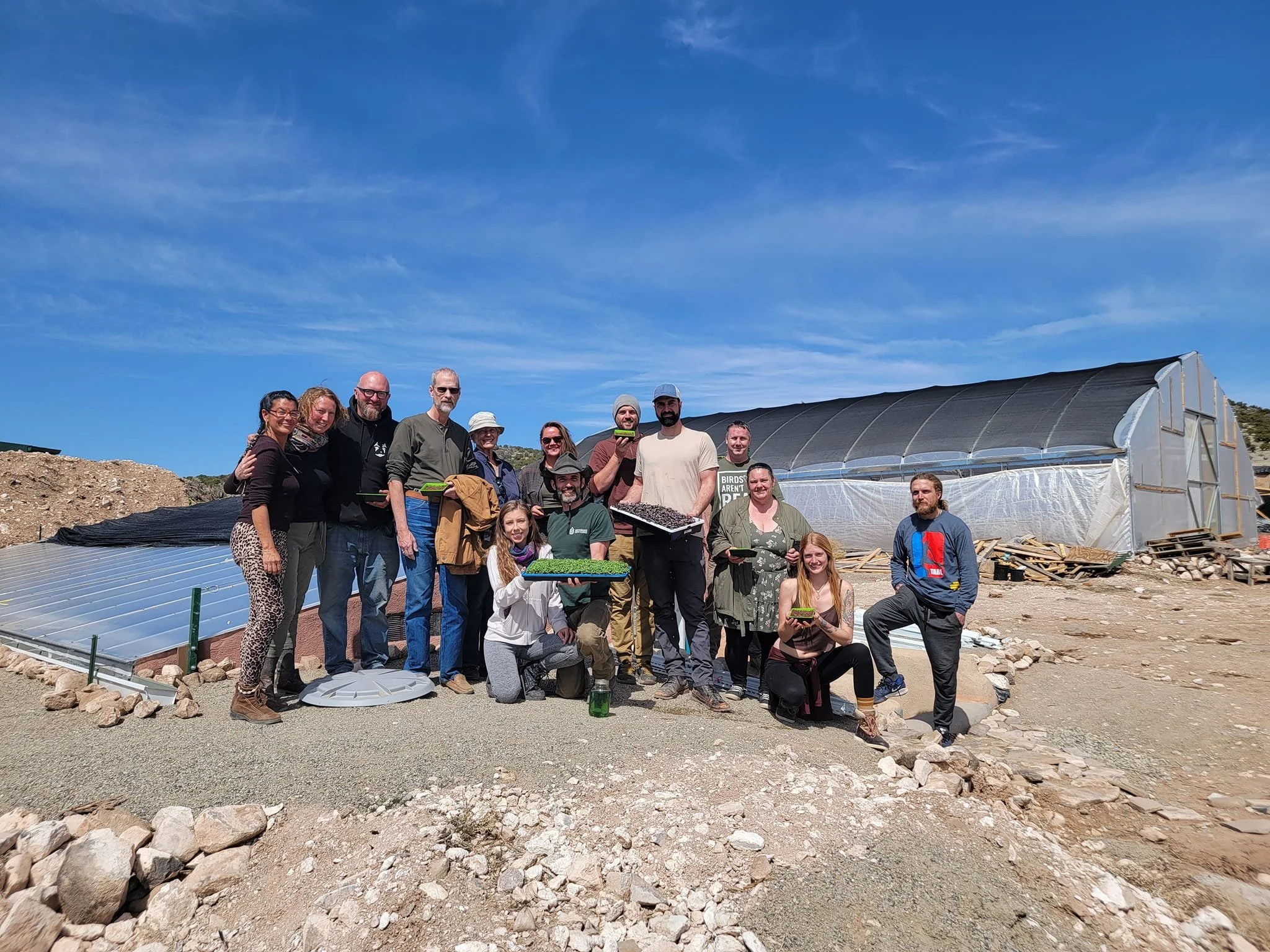For most people, buying a home is an exciting and emotional milestone. This can be especially true for veterans, who have likely spent years traveling between bases, and are looking for a place to finally call their own. While the home buying process can be overwhelming, there are many resources available to make it simpler and more affordable for those who have served in the military. If you’re a veteran or active military personnel and you’re starting the quest for your new home, be sure to first consider these seven important home buying tips.
A BRIEF HISTORY OF VETERANS AFFAIRS
Before discussing the pros/cons of privatizing the VA, it’s important to understand the history of the VA. The United States has a long history of carrying for her veterans, privatizing is not an easy task. From before the Constitution was signed to today, special care and benefits have been provided to veterans. Those benefits have grown over the decades from disability payments to insurance and educational assistance.
Conventional vs Sustainable Agriculture: Can Sustainable Agriculture Feed the World?
Agriculture has experienced a great transformation over the last three centuries. Our capacity to produce food from land has significantly improved as we adopted more intensive methods of crop cultivation. At the beginning of the 18th century, the average wheat harvest in England equaled 19 bushels per acre, while a hundred years later it was 30 bushels per acre.
Food Waste: The Burning Problem
Imagine if our atmosphere was nearly 100% methane and we woke up every morning to the smell of greenhouse gasses. This could happen because of food waste–food that is discarded or lost uneaten. When food is wasted, garbage trucks take it to landfills to dispose of refuse and other waste materials. No one knows that when food reaches landfills it releases a greenhouse gas, methane.
How Can We Prevent or Reverse Desertification and Save Lands from Desert Encroachment?
As other natural ecosystems, deserts have their own dynamics independent of human activities. Throughout the history, sand dunes have always been retreating or slowly expanding into adjacent areas when given the chance. But processes that happen during desertification are different. They do not follow natural patterns. They are more unpredictable and dangerous. They can happen much quicker!
How Many Solar Panels to Power a Home in 2019
If your community is like many others today, you’re seeing more and more solar panels installed on your neighbors’ rooftops. Solar photovoltaic system installations are booming. If you’re starting to think about saving money on your electricity bill with clean solar energy, you’re probably questioning, “How many solar panels do I actually need for my house?”.
EARTHSHIPS ARE WORTH LOOKING INTO & HERE'S WHY
Homes built to maximize sustainability often double as landmarks. It can be awe-inspiring to look at the architecture that lends itself well to the landscape around it, or it can be useful to see how someone balanced conflicting sustainable practices, such as rooftop gardens, rainwater collection, or solar panels.
10 Solutions for Natural Resource Depletion
As the human population increases and economies develop, we’re using more natural resources, materials the earth provides that enable economic gain. These substances include minerals, forests, water, fertile soil and more. In many cases, we’re using these resources faster than nature can replenish them. According to Global Footprint Network, we used a year’s worth of resources in seven months in 2018.
Veterans Should Attend A Community College and Here's Why
What’s the Connection Between Minimalism and Sustainability?
In the United States, people are always encouraged to buy more things. Television advertisements, fashion magazines and towering billboards all offer what only the best, newest products can — happiness. But can material possessions really provide happiness? And, what’s more, even if they could, should a culture of consumerism be something countries aspire to cultivate? One popular movement addresses these and other questions about human relationships to stuff. It’s called “minimalism,” and ironically, it’s everywhere.














